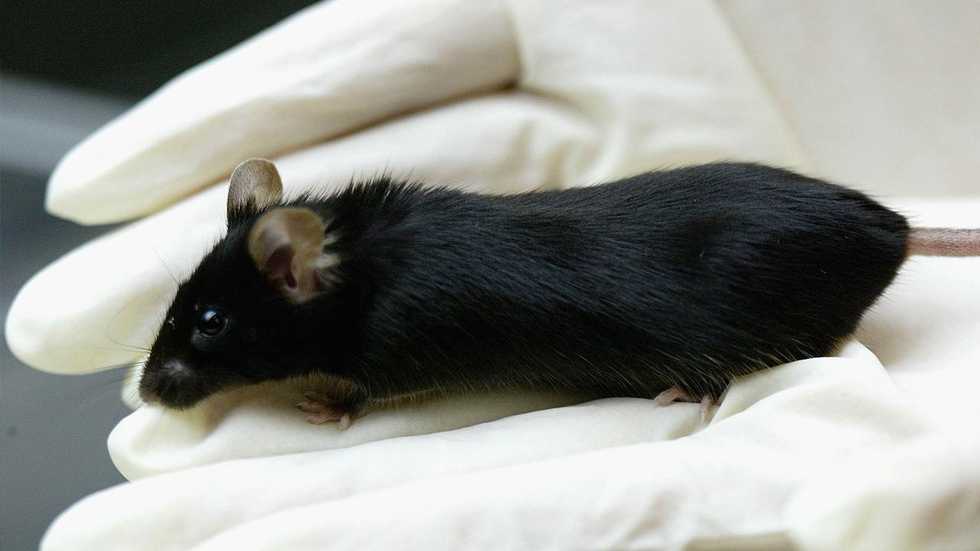
An experiment using mice by Israeli scientists showed that our brains can store information that may be retrieved after we die. (Koichi Kamoshida/Getty Images)

Memories leave genetic markers on the brain that can be read shortly after death, Israeli scientists have learned.
The discovery may allow police investigators, for example, to document and “playback the memories of suspected criminals,” the Daily Mail reported.
Police could also use the technology to uncover and replay the “memories of murder victims, to help them piece together the events leading up to their death,” according to the Daily Mail.
“It's a fascinating proposal,” Clea Warburton at the University of Bristol told New Scientist. “You would have to get in there extremely quickly, as proteins start to degrade within minutes of death.”
“It probably wouldn't give you more information than a good forensic scientist could, but I wouldn't be surprised if we end up with a film about this,” she added.
All of this began when researchers from Hebrew University in Jerusalem were studying how brains “store memories in new connections between neurons," according to the Daily Mail. It's known that brains do this using new proteins, which are controlled by genes.
Specifically, scientists found that different experiences created different changes in the gene activity in the brains of mice.
First, the mice were subjected to various positive and negative experiences involving illness, treats, electrocution, and cocaine.
After an hour, the mice were euthanized and scientists studied genes in seven areas of the brain — including the hippocampus and the amygdala — that are known to aid in memory formation.
Scientists found that different events triggered similar reactions and as a result, similar gene expressions, the report said.
Researchers looking at the brains were able to tell which specimens had been in which test group just by looking at the relative gene expression. They were able to do this with a 90 percent accuracy rate, according to the report.
Dr. Ami Citri of Hebrew University was one of the researchers that studied memory formation in mice.
It’s so detailed that scientists can separate out a variety of different experiences, Citri told New Scientist. "Each memory that's being encoded has a unique input in the brain in terms of the genes switched on to encode it.”
Gene activity appears to be at its peak about an hour after a memory takes place, according to the report.
Although the experiment involved dead mice, researchers plan to use the same techniques with other animals and eventually humans, the Daily Mail reported.